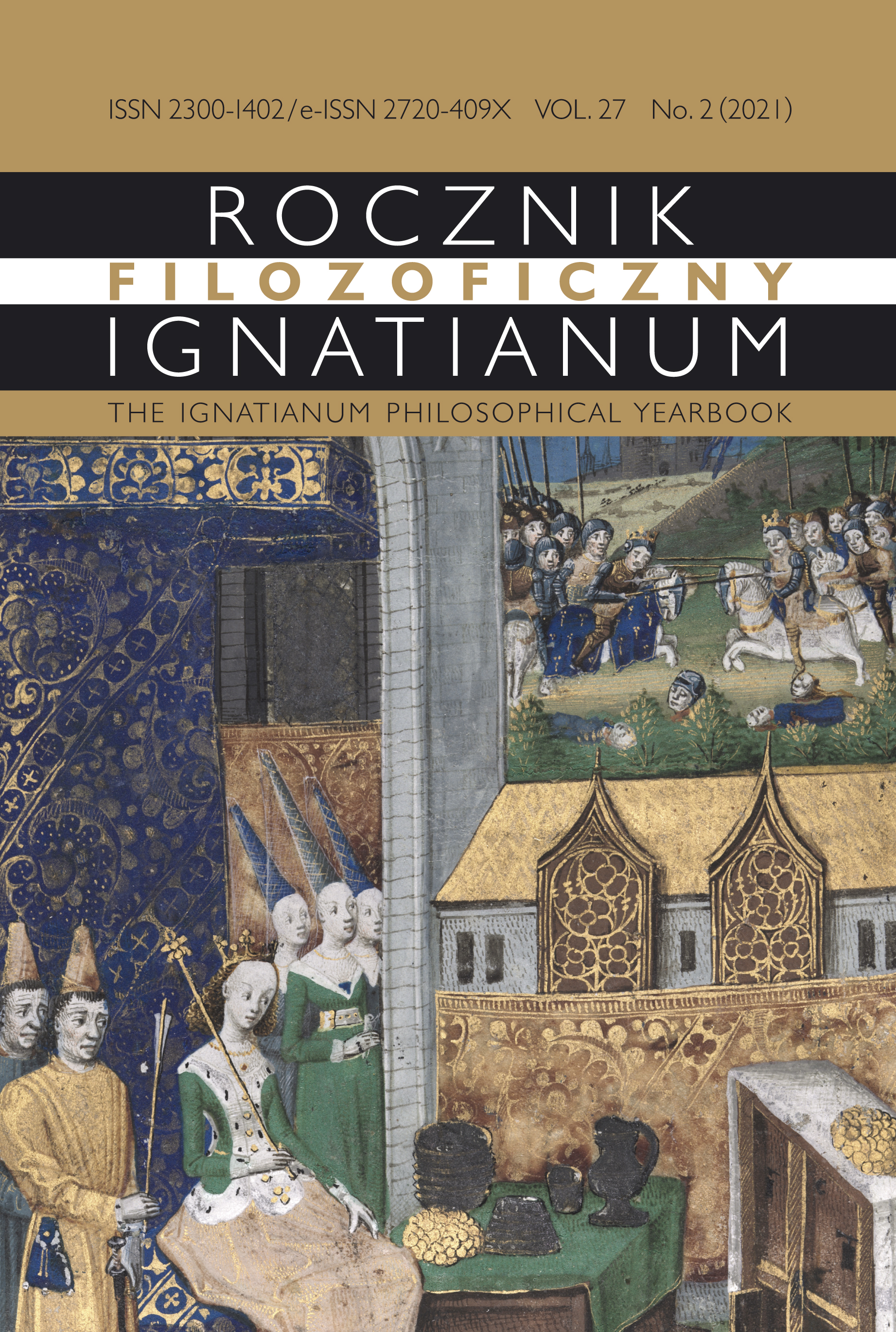Queen Jadwiga of Anjou’s Influence on the Composition of the Polish Episcopate
Abstract
This article aims to present Queen Jadwiga’ actual influence on nominations for episcopal sees during her reign (1384–1386) and joint rule with Władysław Jagiełło (1386–1399). Until now, except for Krzysztof Ożóg, researchers expressed only a marginal interest in the subject. The author cites relevant views contained in all major studies on Jadwiga’s reign as well as analyses all available sources, mainly printed ones, both papal documents and chronicles, with special regard to the works of Jan Długosz. Using the induction method, the author analyses 22 nominations for episcopal sees. Contrary to the views expressed in the literature of the subject, Jadwiga did not influence all episcopal nominations she has been attributed with. Nonetheless, in some cases (e.g. Piotr Wysz from Kraków, Andrzej Jastrzębiec from Vilnius) we may argue that she exerted noticeable pressure; in other instances it was probably only more or less subtle. In all analysed nominations, whenever her role was clearly proved in sources, we may notice that Jadwiga was invariably cooperative in the common ecclesiastical policy which she pursued together with her husband. For example, both took advantage of the Holy Sees’ vulnerability in the era of the Occidental Schism, which allowed them to push their own candidates for episcopal seats. The present analysis revealed that with regard to the majority of most prestigious bishoprics in the Kingdom of Poland it was Jagiełło who had key influence on candidates for episcopal nominations, building his own political power base. At the same time, certain episcopal promotions, especially those in Ruthenia, Moldova and Mazovia, were reported inadequately and in few sources, hence Jadwiga’s and Władysław’s influence on the nominations of bishops can only be hypothetically determined.
Copyright (c) 2021 Jesuit University Ignatianum in Krakow

Dieses Werk steht unter der Lizenz Creative Commons Namensnennung - Keine Bearbeitungen 4.0 International.
Rocznik przyjmuje do druku wyłącznie materiały, które nie wchodzą w żaden konflikt interesów, żaden konflikt z prawem autorskim itp. Redakcja prowadzi działania przeciw: plagiatom, ghostwriting1, guest/honorary authorship2 itp. Autor pracy zbiorowej, który jest pierwszy na liście, bierze na siebie odpowiedzialność i ma obowiązek przedstawić wkład wszystkich współautorów. Jeśli publikacja powstała dzięki dedykowanym środkom finansowym, należy ujawnić to np. w Podziękowaniu, przypisie itp. Ew. przedruki wymagają jawnego zgłoszenia i okazania odpowiedniego pozwolenia wydawniczego. Autorzy / Recenzenci nierzetelni narażają się na reakcję właściwą stosownym instytucjom.
______
1 Ma to miejsce, gdy osoba mająca istotny wkład jest pominięta na liście Autorów czy w Podziękowaniu.
2 Zachodzi, gdy na liście autorskiej pojawia się osoba mająca znikomy/żaden udział w pracy.





